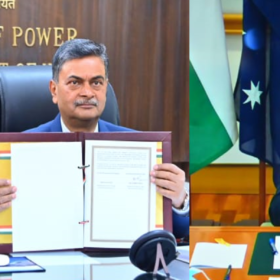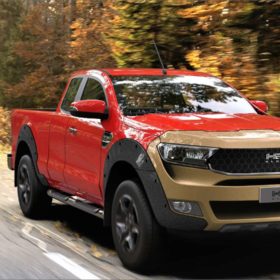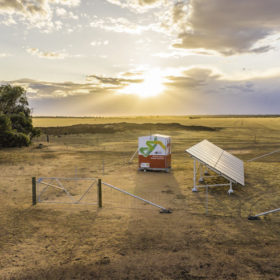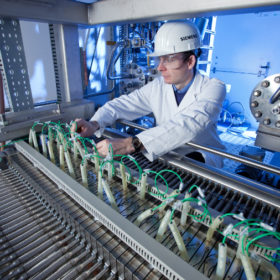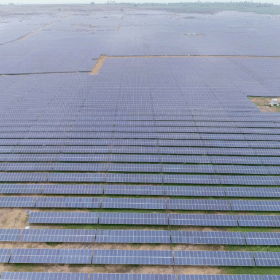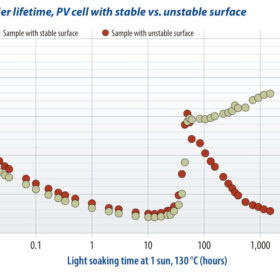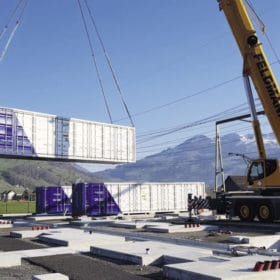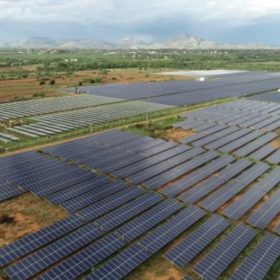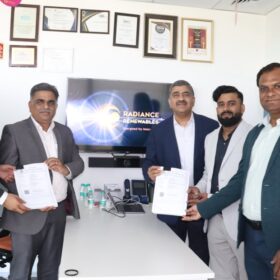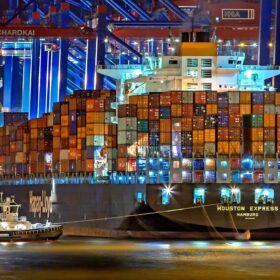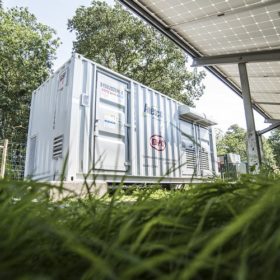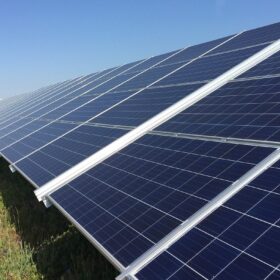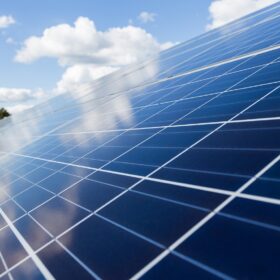India and Australia sign letter of intent on solar, ‘clean’ hydrogen
India and Australia have signed a letter of intent to cooperate on scaling up the manufacture and deployment of ultra-low-cost solar and clean hydrogen.
India deal to drive Australian hydrogen startup H2X’s global expansion
Australian hydrogen vehicle and fuel cell startup H2X has partnered with Indian automotive parts manufacturer and developer Advik Hi-Tech in a deal which will see the Australian company’s products delivered into India and the wider international market.
Asia Pacific solar supply chain trouble to ease this year, according to analyst
Wood Mackenzie has predicted solar equipment cost increases will ease back after last year saw the average cost of solar electricity rise for the first time in the Asia-Pacific region.
India and Australia’s richest race to net-zero by 2030
Today, both Reliance and Fortescue are realizing the huge investment, employment, import replacement and export opportunities in zero emissions industries of the future, both for India and Australia. And they look to be leading the way, fully supported by global financial institutions increasingly seeking to deploy trillions of patient capital in low volatility, non-commodity price exposed zero-emissions energy sources of the future.
The long read: Scaling up standalone power systems
As technology redefines the delivery of network services, grid operators in remote areas the world over are searching for more cost-effective and reliable alternatives to traditional poles and wires. Standalone power systems are the solar application that is at the forefront of the switch, and they’re ramping up fast.
Australian firm partners JSW Energy on green hydrogen projects in India
Australia-based Fortescue Future Industries has partnered with JSW Energy arm on green hydrogen production and application in India.
India again ranked the world’s most attractive solar market by Ernst & Young
The nation maintained the highest score of 62.7 for solar in the latest edition of Ernst & Young’s renewables attractiveness index. It ranked third for overall renewable energy investment.
The long read: A deeper understanding of LeTID
Australia’s University of New South Wales (UNSW) has built a reputation for strong collaboration with the PV industry, from cell passivation through to the causes of degradation. Malcolm Abbott, a senior research fellow, directs one of the UNSW teams that is continuing its work into light and elevated temperature-induced degradation (LeTID). He recently spoke with pv magazine to provide an update.
WoodMac predicts 30% drop in Asia-Pacific front-of-meter battery costs by 2025
A new Wood Mackenzie report suggests that costs for front-of-the-meter battery storage systems in the Asia-Pacific region could fall by 30% by 2025. The declining costs are already having a palpable impact, as 2021 has opened with a slew of large-scale battery project announcements.
Singapore’s Blueleaf launches in India with the acquisition of commercial solar developer Vibrant Energy
The pan-Asian renewable energy development platform, owned by Australian investment bank Macquarie’s Green Investment Group (GIG), has acquired a majority stake in Hyderabad-based commercial solar developer Vibrant Energy.
